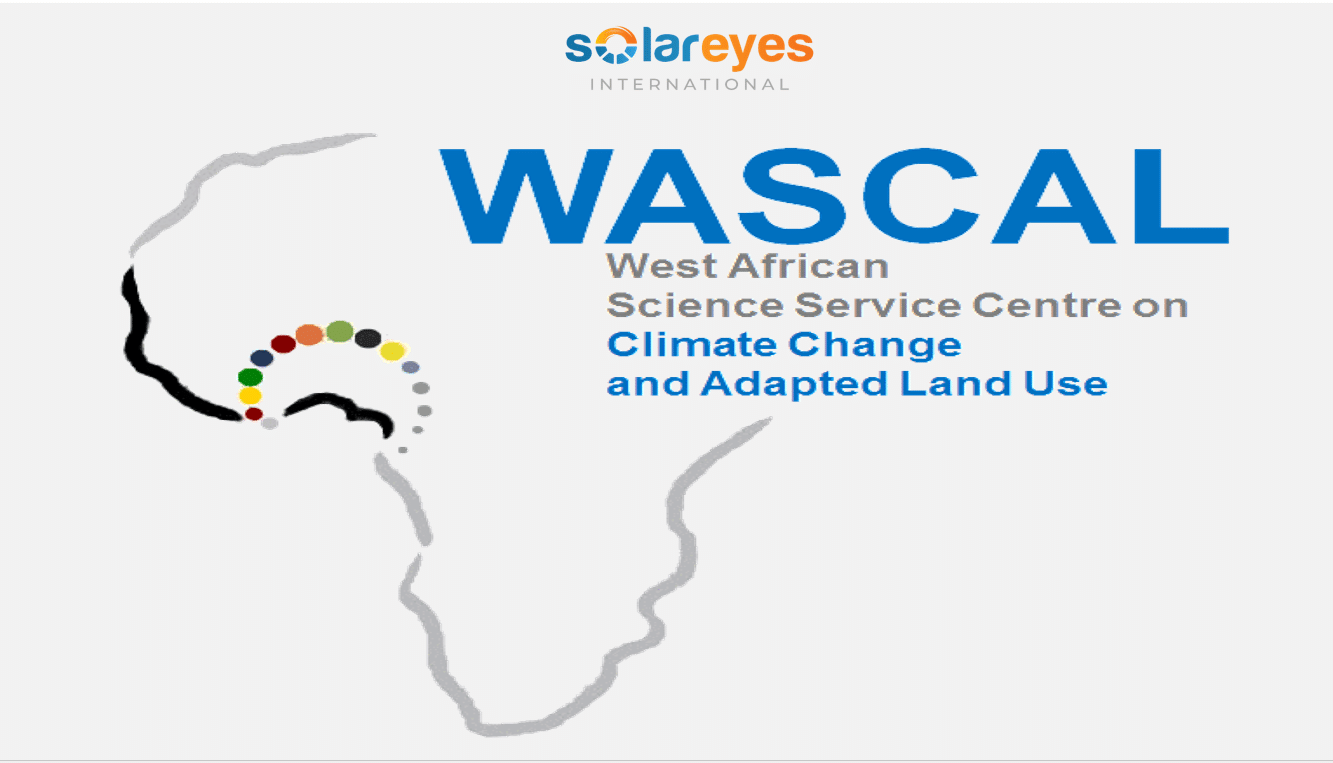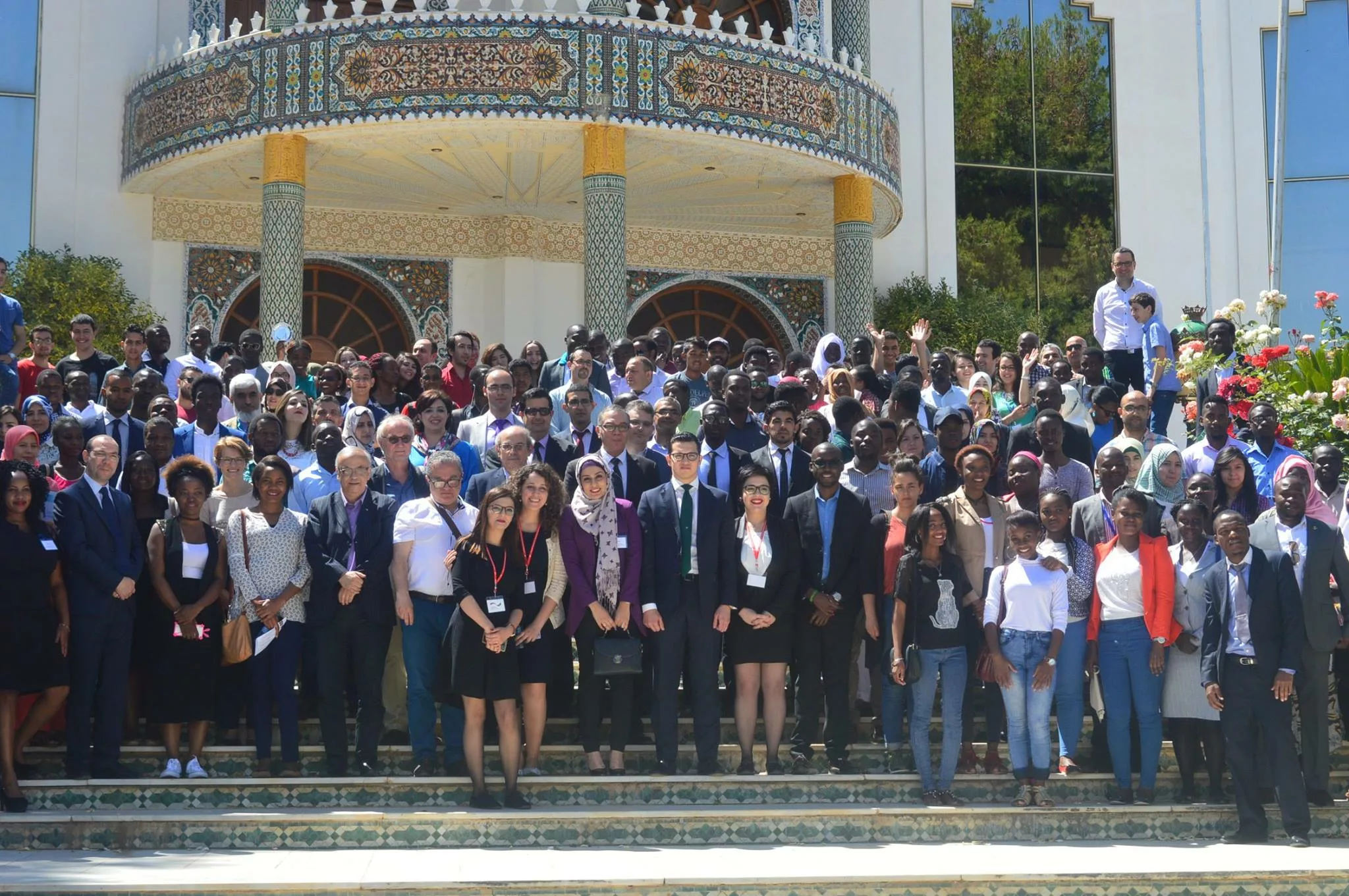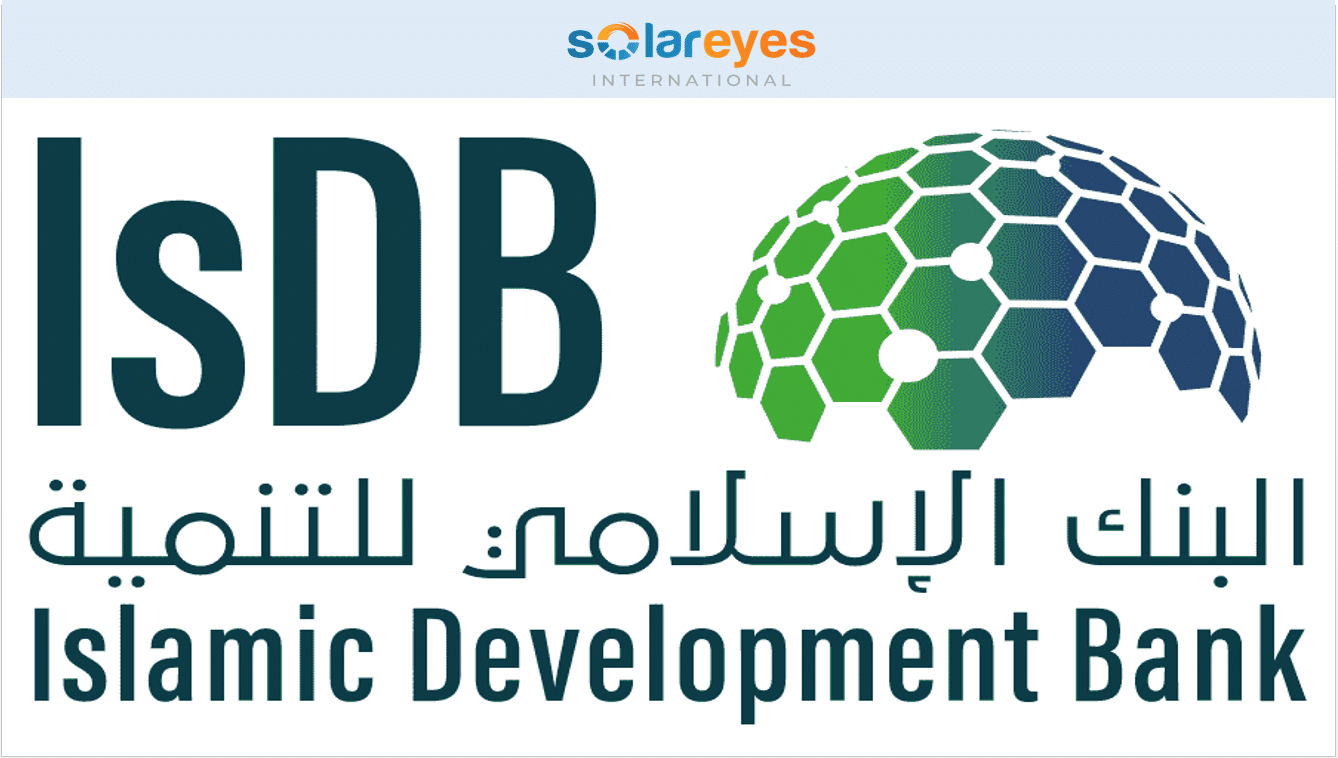WASCAL CALL FOR APPLICATIONS FOR MASTER RESEARCH PROGRAMME IN INFORMATICS FOR CLIMATE CHANGE 2023/2024 ACADEMIC SESSION

Apply to the WASCAL MASTER RESEARCH PROGRAMME IN INFORMATICS FOR CLIMATE CHANGE
WASCAL MASTER RESEARCH PROGRAMME IN INFORMATICS FOR CLIMATE CHANGE
WASCAL is a wholly West African international organization with focus on academic and transdisciplinary research, building graduate-level scientific capacity and serving policy makers in West Africa with science-based advice on adaptation to climate change impacts and land use management.
It cooperates with many agencies and universities in the region, providing a knowledge platform of excellence for its partners. WASCAL is funded by BMBF, multilateral and bilateral partners and its 11 West African member countries, namely: Benin, Burkina Faso, Cabo Verde, Côte d’Ivoire, Ghana, Mali, Niger, Nigeria, Senegal, The Gambia, and Togo.
WASCAL’s mission is to provide information and knowledge services at the local, national and regional levels to West African member countries to cope with the adverse impacts of climate change.
We do this through capacity building support to young West African scholars in fields of climate, natural and social sciences and by delivering climate and environmental services in member countries.
PROGRAMME OFFERED: MASTER RESEARCH PROGRAMME IN INFORMATICS FOR CLIMATE CHANGE (MRP-ICC)
The Master’s Research Programme in Informatics for Climate Change (MRP-ICC) is implemented at the Université Joseph KI-ZERBO (Burkina Faso).
It is aimed at training a critical mass of experts with adequate scientific computation and climate data management skills in West Africa.
This Master’s programme includes all aspect of data management and administration of high-performance computing facility that will be used to run regional climate models and its auxiliaries for operational and research institutions and universities in West Africa.
Students will be exposed to interdisciplinary and trans-disciplinary approaches to climate data analysis and management skills as well as operations and maintenance of HPC systems.
Upon completion of their study, the students are expected to acquire adequate knowledge in:
- climate and environmental data storage and management,
- climate data analysis techniques and provision of climate data service,
- operation, installation, and maintenance of the HPC,
- current licensed climate data analysis software/packages,
- use of open sources climate data analysis packages.
These skills offer several opportunities for graduates.
They can pursue doctoral studies or undertake professional careers in meteorological agencies, research centres, universities, public administration, private sector, NGOs, International Institutions, etc.
MORE INFORMATION AND APPLICATION HERE
FOLLOW US ON OUR CHANNELS
Follow us on LINKEDIN, FACEBOOK, TELEGRAM GROUP and WHATSAPP.
*** ALSO CHECK: 12 CHALLENGES FACED BY SOLAR COMPANIES IN DEVELOPING COUNTRIES
ABBREVIATIONS IN THE SOLAR ENERGY SECTOR
HOW TO SIZE A SOLAR SYSTEM – 5 clear steps anyone can follow
WHY SOLAR ENERGY? – 10 reasons to go solar
WHAT IS A SOLAR HOME SYSTEM (SHS) – 7 treasure things to know
How to Identify Fake Solar Products
All You Need to Know About Australia’s Solar Sector





